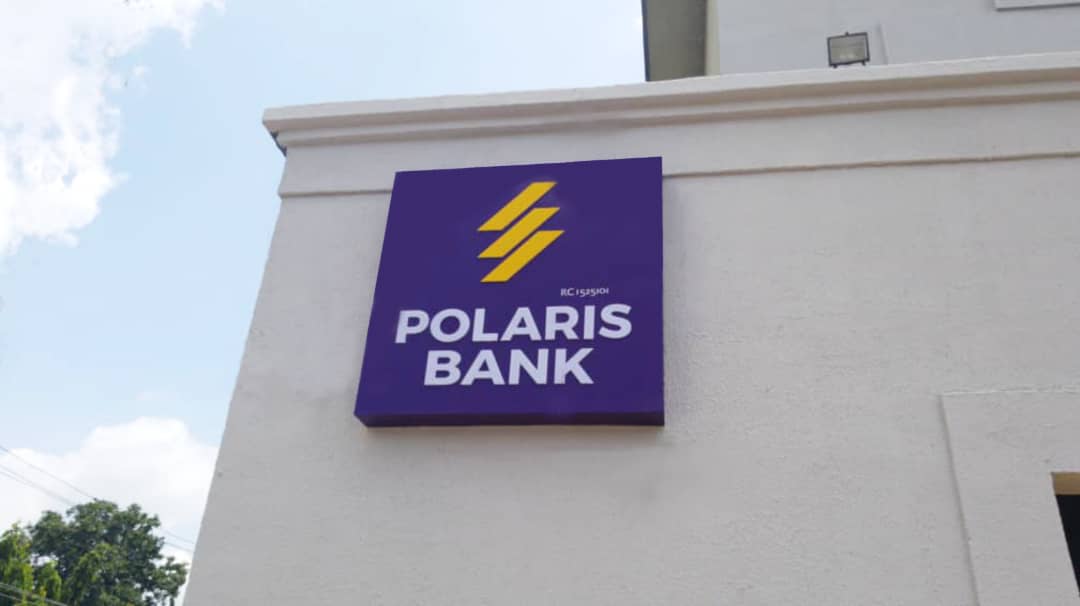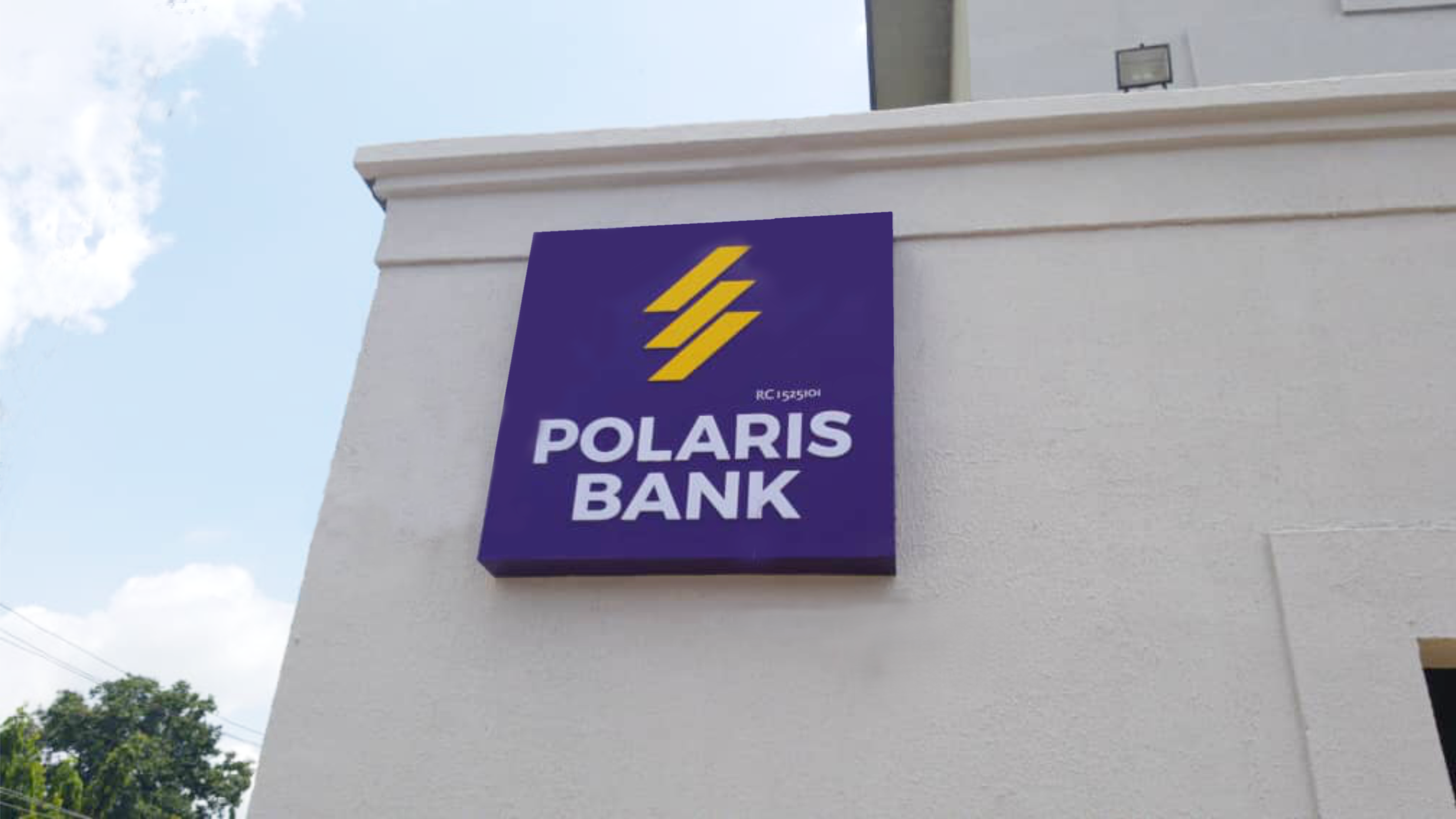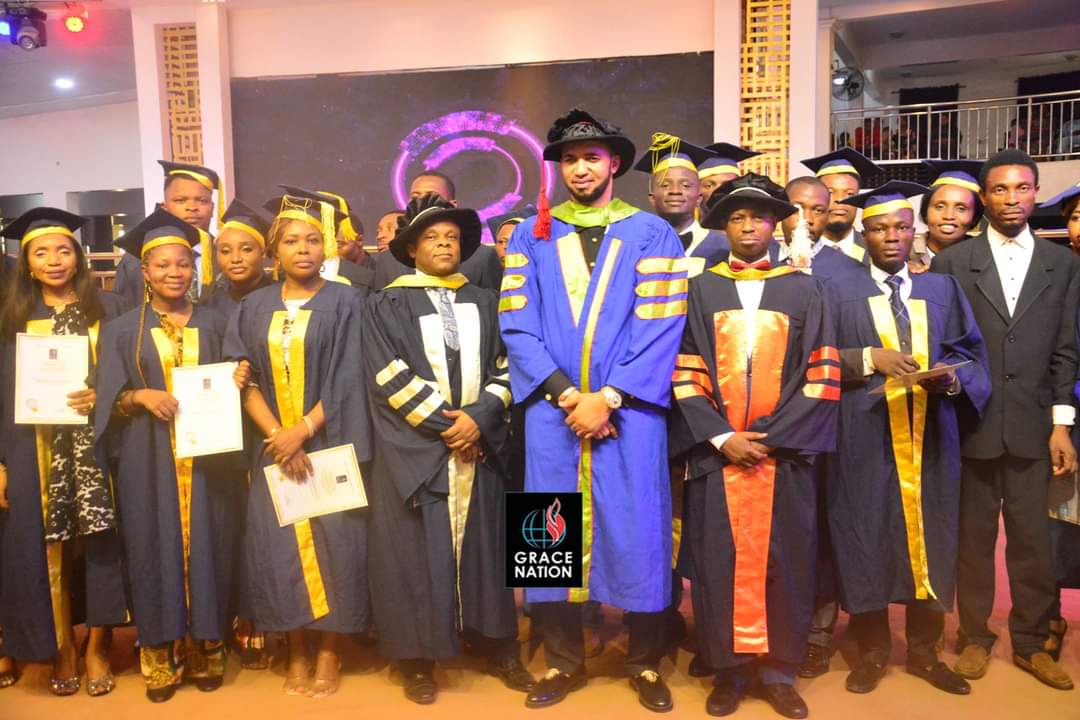A Federal high court sitting in Lagos south west Nigeria has ordered Keystone Bank Limited to pay a Chinese company Hexing Electrical company damages in the sum of $778,118.72 over a breach of contract.
The judgement of the court was sequel to a suit filed before the court against Keystone Bank Limited, Chris International Agencies company and Central bank of Nigeria as defendants,
claiming the sum of $778,118.72 being the total outstanding sum of the money due and payable under the irrevocable letter of credit issued by the bank sometime in September, 2015. to the Chinese company.
Keystone bank on 16th of September, 2015 issued letter of credit in favour of Hexing Electrical company limited, a company registered under the laws of the Peoples Republic of China in the sum of $1,134,545,subject to the provisions of uniform custom and practice for documentary credit.
The bank paid $336,421.28 in varying installments to the company, however despite all demands for the payment of the balance of $798,108.70 the bank refused, the bank only paid additional $20,000,
Consequently the company petitioned Central bank of Nigeria,thereafter the company instituted this suit against the bank and two others.
The case of the third defendant Chris International Agencies was that by memorandum of understanding with Hexing Electrical, they form a consortium known as Chris Ejike Hexing consortium for the purpose of carrying on the business of production, supply and installation of meters in Nigeria, the company entered into a supply and installation agreement with the Enugu Electricity Distribution company, for the supply and installation of indoor, ring type meters with sealable
terminal cover.
According to Chris International Agencies company the total value of the contract was N485,587,958.10, that the Hexing Electrical company was to manufacture the meters and in accordance with the specification agreed with Enugu Electrical Distribution Company, that it was for this purpose that the Chris international Agencies took letter of credit with Keystone bank in favour of Hexing Electrical Company, which Keystone bank had paid part of the sum $356,421.28 that Hexing Electrical company did not manufacture the meters according to specification and the contract was subsequently terminated by Enugu Electrical Distribution Company.
Chris International Agencies alleged that Hexing Electrical company perpetrated fraud deliberately and as a such not entitled to further payment on the letter of credit.
At the hearing of the case Keystone bank did not file any counter affidavit, its lawyer said the bank will abide by whatever decision the court takes.
In his judgement the presiding Judge Nicholas Oweibo ,said the bank did not deny the existence of contract between it and the Hexing Electrical company, the company has through its affidavit in support shown that the bank failed to completely honour its own part of the contract. The evidence has indeed established that Keystone bank is in breach of its contract with the company
” Considering the above I am of the view that Keystone is in breach of the contract it had with Hexing Electrical company. It has been established that the bank had kept in its custody the sum claimed contrary to the terms of the letter of Credit even after the company had accepted to receive naira equivalent. In the circumstances the company is entitled to 10% interest per annum on the judgement sum of $778,118.72 from the day of judgement until liquidation of the judgement sum
The complaint of fraud in this case is not in respect of the documentation of the letter of credit. The fraud complaint of is with respect to the goods:that the plaintiff did not meet the specification.
In the light of the above I enter judgment for the plaintiff and grant its prayers by ordering that Keystone bank pay damages to Hexing Electrical company limited in the sum of $778,118.72 being the money due and payable under the irrevocable letter of credit, an order that the bank pay the company interest at the rate of 10% per annum from the date of judgement until the liquidation of the judgement debt.”
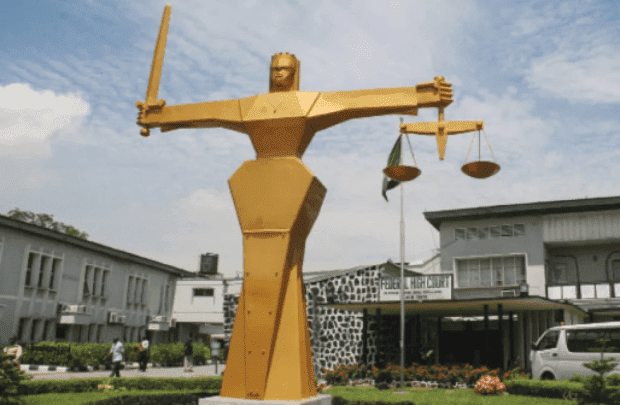

 Uncategorized5 years ago
Uncategorized5 years ago
 Entertainment6 years ago
Entertainment6 years ago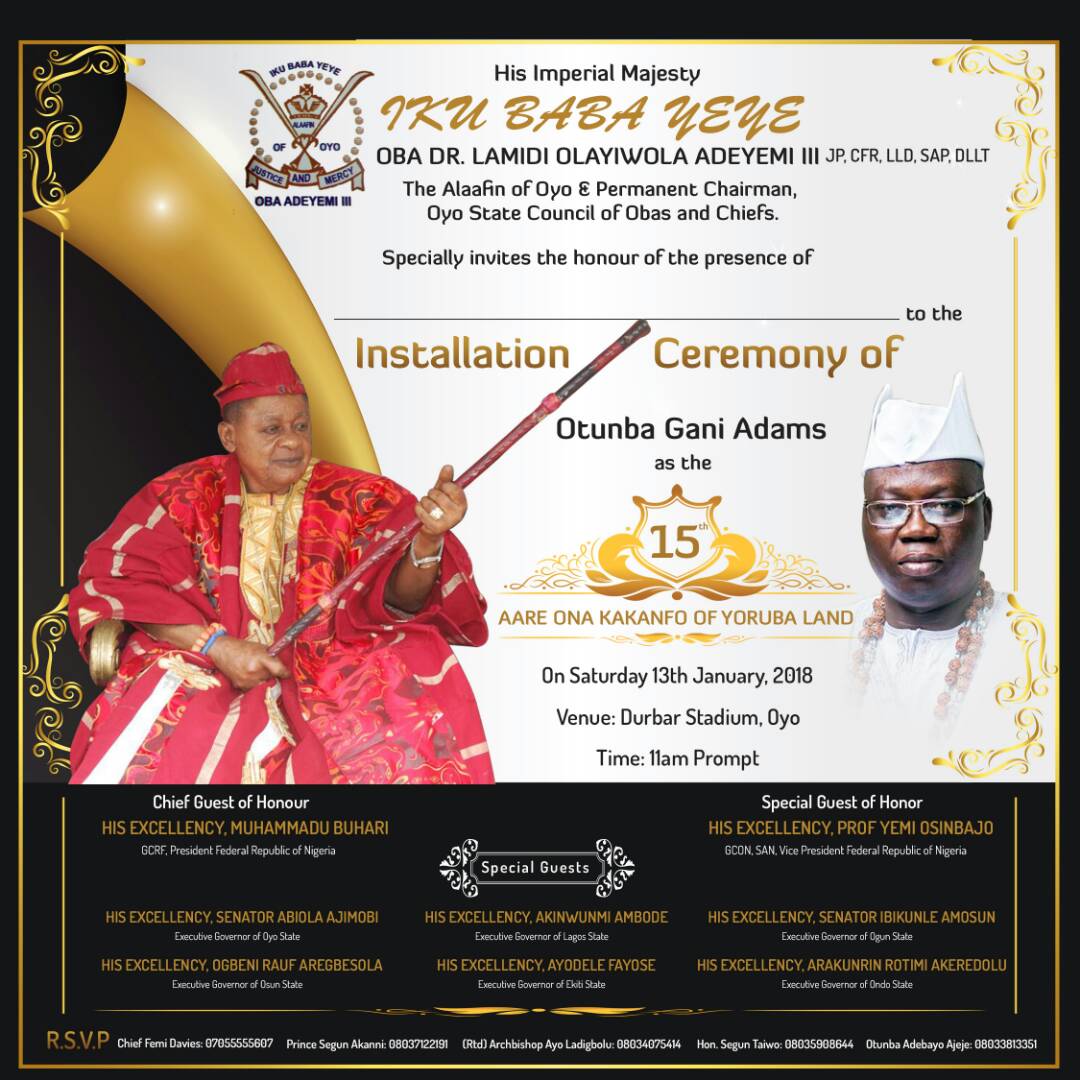
 Uncategorized7 years ago
Uncategorized7 years ago
 Uncategorized7 years ago
Uncategorized7 years ago
 Uncategorized7 years ago
Uncategorized7 years ago
 Uncategorized7 years ago
Uncategorized7 years ago
 Uncategorized7 years ago
Uncategorized7 years ago
 Trending News4 years ago
Trending News4 years ago








